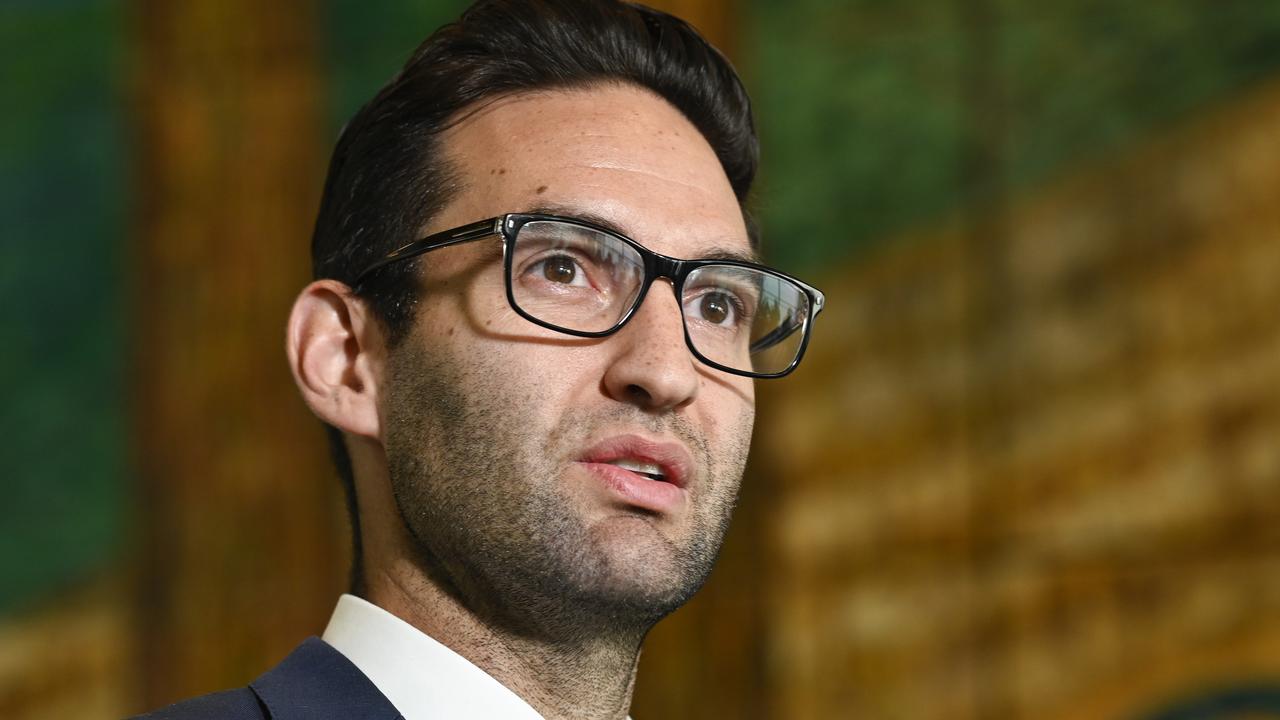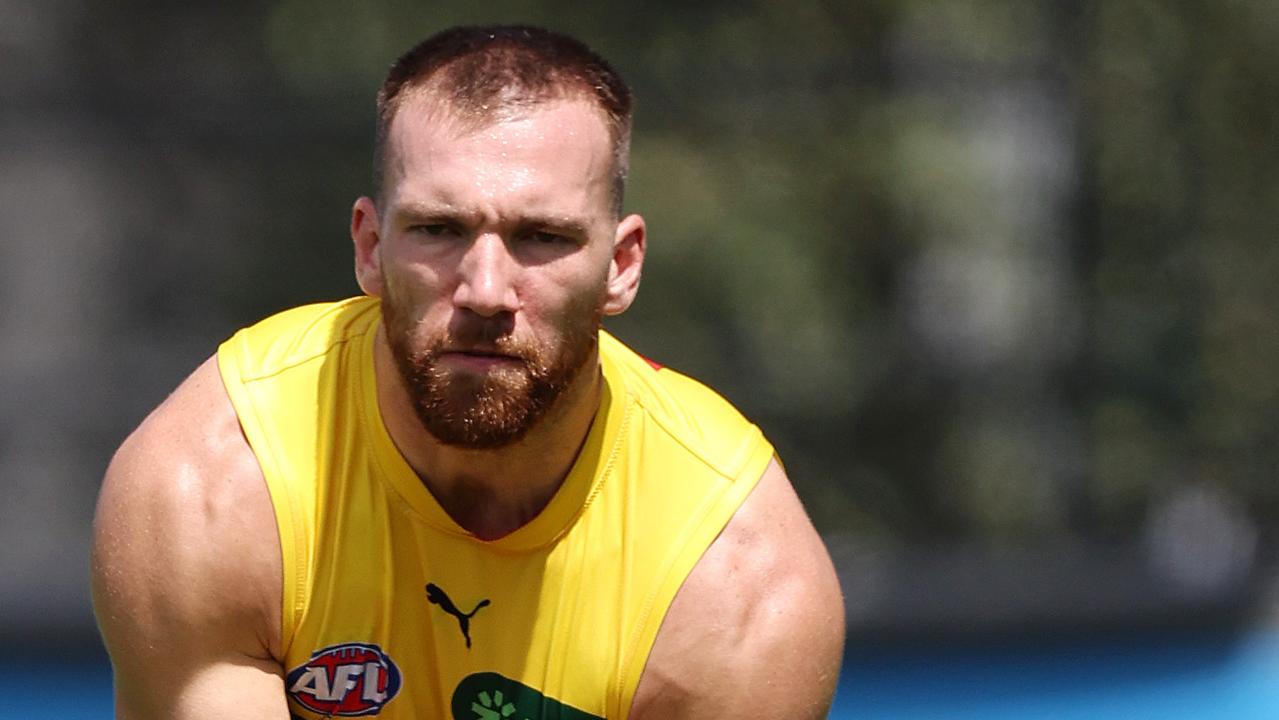Melbourne University study finds no difference in developmental outcomes for IVF children
“Extraordinary” results have been uncovered in a Melbourne study comparing IVF children with those conceived naturally.
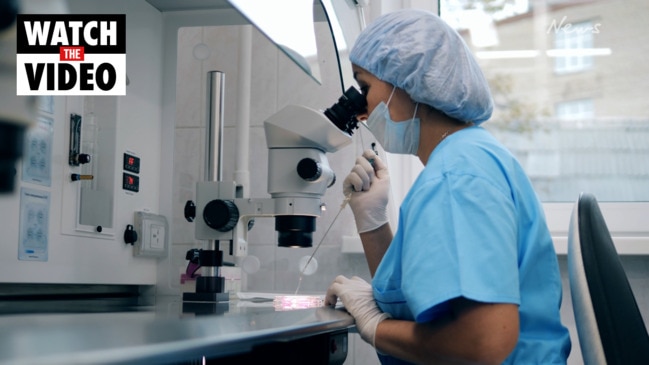
Victoria
Don't miss out on the headlines from Victoria. Followed categories will be added to My News.
A world-leading Melbourne study has confirmed for the first time that IVF children are the same as their naturally conceived peers when it comes to early development and educational abilities.
The new study, the largest ever in the 40 years since Australia’s first IVF baby was born in Melbourne, involved over 400,000 Victorian children – 11,059 of whom were conceived via in-vitro fertilisation (IVF).
Led by the University of Melbourne Department of Obstetrics and Gynaecology, it looked at data from a collaboration of the three major IVF providers at the time of the study: Melbourne IVF, Monash IVF and City Fertility Centre.
For the first time, it confirms there is no link between IVF conception and adverse developmental outcomes for children at school-age.
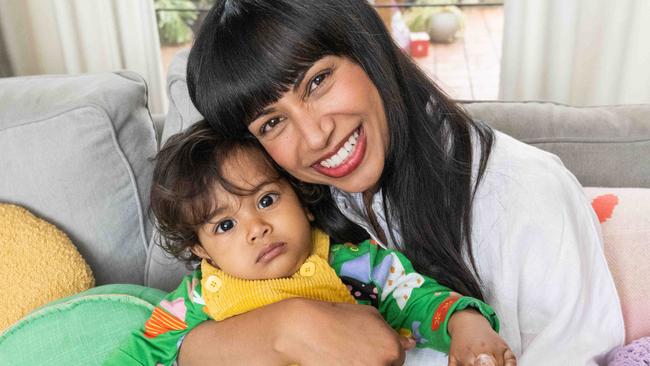
Senior study lead Dr Anthea Lindquist says it is astounding to people outside of medicine and health settings that for such a common intervention, there hasn’t been long-term data looking at childhood outcomes following IVF.
Five per cent of babies in Australia are now conceived via IVF.
“It has not been because of a lack of interest,” Dr Lindquist told the Herald Sun.
“The biggest issue has been that a lot of the IVF data is privately held, so accessing that data on a bigger scale has been fraught.”
Dr Lindquist said although there have been other smaller studies internationally, this is the most robust.
“It is unique that IVF clinics in Victoria were prepared to give data to this project — it was a lot of work, but definitely worth it and the study team is so grateful,” she said.
Dr Lindquist says while reassuring for parents, it is also a timely reminder about how significant Melbourne has been globally in the progress of IVF.
“It is an extraordinary local story,” she said. “One of our study co-authors, John McBain, who was really instrumental in us accessing data was also the early champion for allowing social access to IVF in Victoria.”
The former head of reproductive services at The Royal Women’s Hospital, Associate Professor McBain was part of the team behind Australia’s first IVF birth in 1980.
“This study started in 2017, almost four decades after the first IVF baby was born. It is extraordinary to think that we haven’t previously looked at childhood outcomes on a national or broader population scale,” Dr Lindquist said.
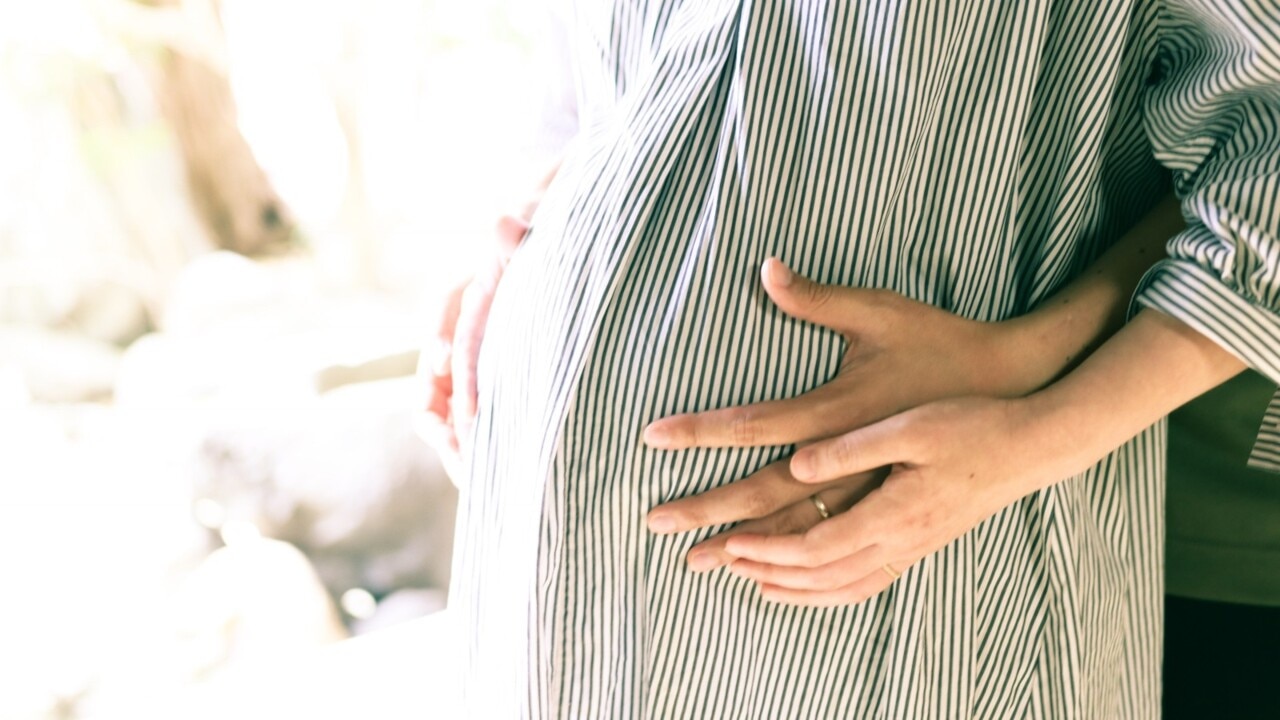
Lead author and IVF clinician Dr Amber Kennedy said childhood developmental and educational outcomes were assessed using two measures: the Australian Early Development Census (AEDC) and the National Assessment Program for Literacy and Numeracy (NAPLAN).
“We found no difference in performance across the five domains of the AEDC, nor in NAPLAN scores, between children who were born after IVF-assisted conception and those who were conceived without assistance,” Dr Kennedy said of the study.
“Some concerning evidence has previously suggested that IVF-conceived children may have poorer school-aged outcomes compared with their spontaneously conceived peers. However, our comprehensive analysis of this massive dataset has found this not to be the case.
“Our findings will provide important reassurance for clinicians and for current and future parents of IVF-conceived children.”
Dr Lindquist said this was not the end of the story.
“The most pressing next steps, and what the clinical world is very interested in, is teasing out childhood outcomes by type of IVF procedure,” she said.
“First, with this study we wanted to look at broad early developmental outcomes. Things like speech and comprehension, throwing a ball, climbing stairs, going to the toilet.
“Individual techniques are what we are looking at next.”
The results of the study were published overnight in the international journal PLOS Medicine.
Melbourne obstetrician and gynaecologist Dr Rangi De Silva has found the new IVF research reassuring, both personally and professionally.
Dr De Silva and her husband, cardiologist Dr Phrasanna Venkataraman, welcomed son Amrith via in-vitro fertilisation 14 months ago.
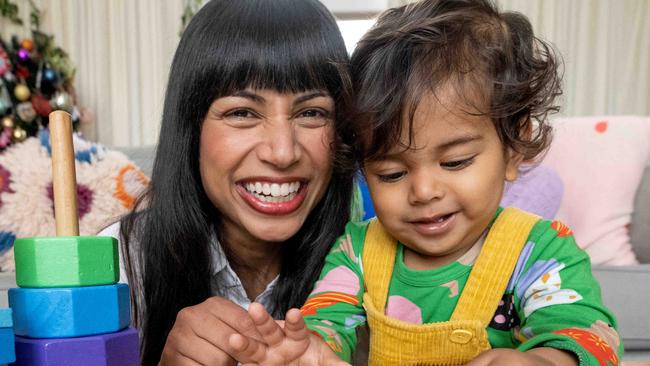
“It was interesting to be on the other side because I had looked after many people who had been in a similar boat to myself,” she said.
Dr De Silva said she and her husband, both 37, were trying to conceive for a couple of years without success.
“We fell into that category of unexplained infertility that so many people have; it just wasn’t happening,” Dr De Silva said.
“We were lucky enough to go through IVF and after our third round, we were lucky enough to have our baby boy.
“This new study provides important information that is very useful as it is something that we are asked about, complications in pregnancy and afterwards as well.”




